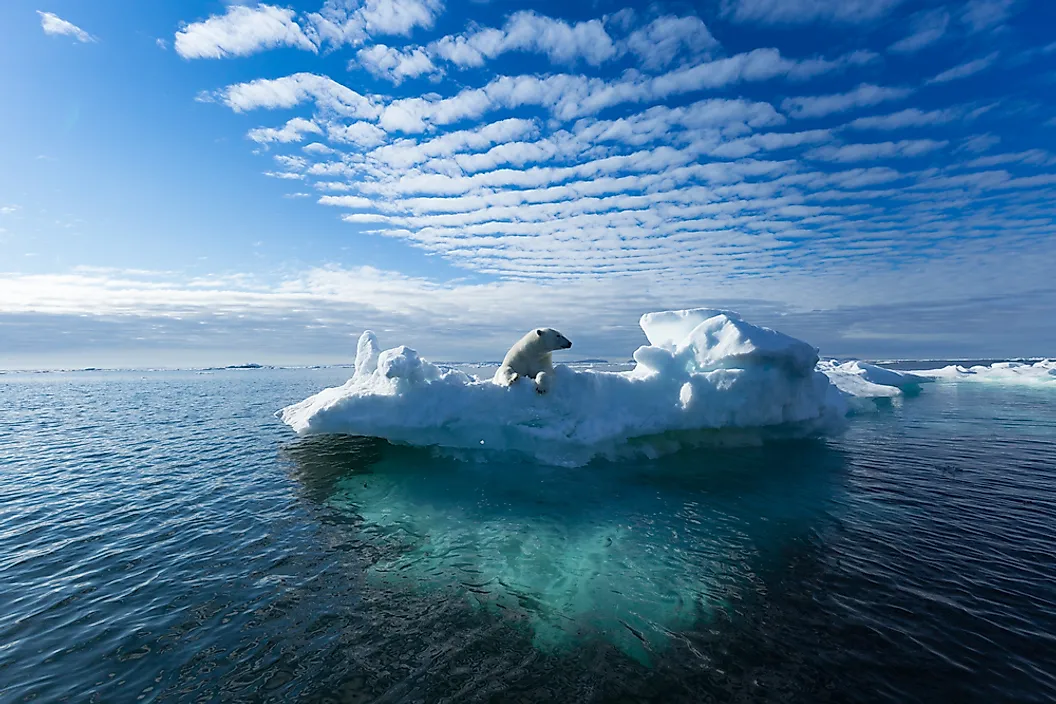Before our very eyes, climate change is having profound and multidimensional impacts on human societies and the planet. Rising global temperatures have already begun to cause more extreme weather events, from destructive hurricanes to heat waves, droughts, and wildfires. These endanger human lives and livelihoods through disasters, food insecurity, and risks to health. Sea level rise threatens coastal communities as waters encroach on homes and infrastructure. As oceans warm and acidify, marine ecosystems are under assault – with implications for fisheries, coral reefs, and more.
On land, the stability of water supplies and agricultural systems is jeopardized. Pests and diseases once limited by climate patterns can expand into new territory, posing new ecological threats to the delicate ecosystems that support society. As natural habitats change faster than species can adapt, biodiversity loss accelerates. Already climate change has been linked to population declines and even extinctions around the world. Its impacts are global but fall disproportionately on the poor and vulnerable.
The cumulative effects of climate change also interact and compound over time. For example, melting permafrost releases more greenhouse gases while also eroding landscapes and disrupting infrastructure. Declining crop yields can heighten risk of conflict and migration. The web of life is intricately interconnected, and disturbances cascade in ways we cannot always predict.
The scientific evidence is clear – climate change is real, it’s happening now, and it’s caused by human activities. Record heat waves, rising sea levels, shifting weather patterns – the impacts are being felt around the world. But beyond the scientific data, climate change has become an undeniable part of daily life. From more frequent extreme weather events to melting glaciers and changes in plant and animal behavior, the fingerprints of a warming world are everywhere. Though the scale of the problem can seem overwhelming, the imperative for action has never been greater. It’s time to accept climate change as inescapable reality so we can move forward to address this crisis with the urgency it demands.
Mitigating climate change will require coordinated effort across countries, industries, and populations. Though no single solution will solve the crisis, a multipronged approach will make a significant impact. We need continued innovation in renewables, widespread adoption of regenerative agriculture practices, protecting carbon-sequestering natural areas, reimagining supply chains, and more. Behavior change at the individual level is also crucial. Though daunting, this transition represents an unparalleled opportunity to build a more sustainable, equitable world. With determination and resolve, we can bring about the systemic changes needed to confront the climate crisis.
